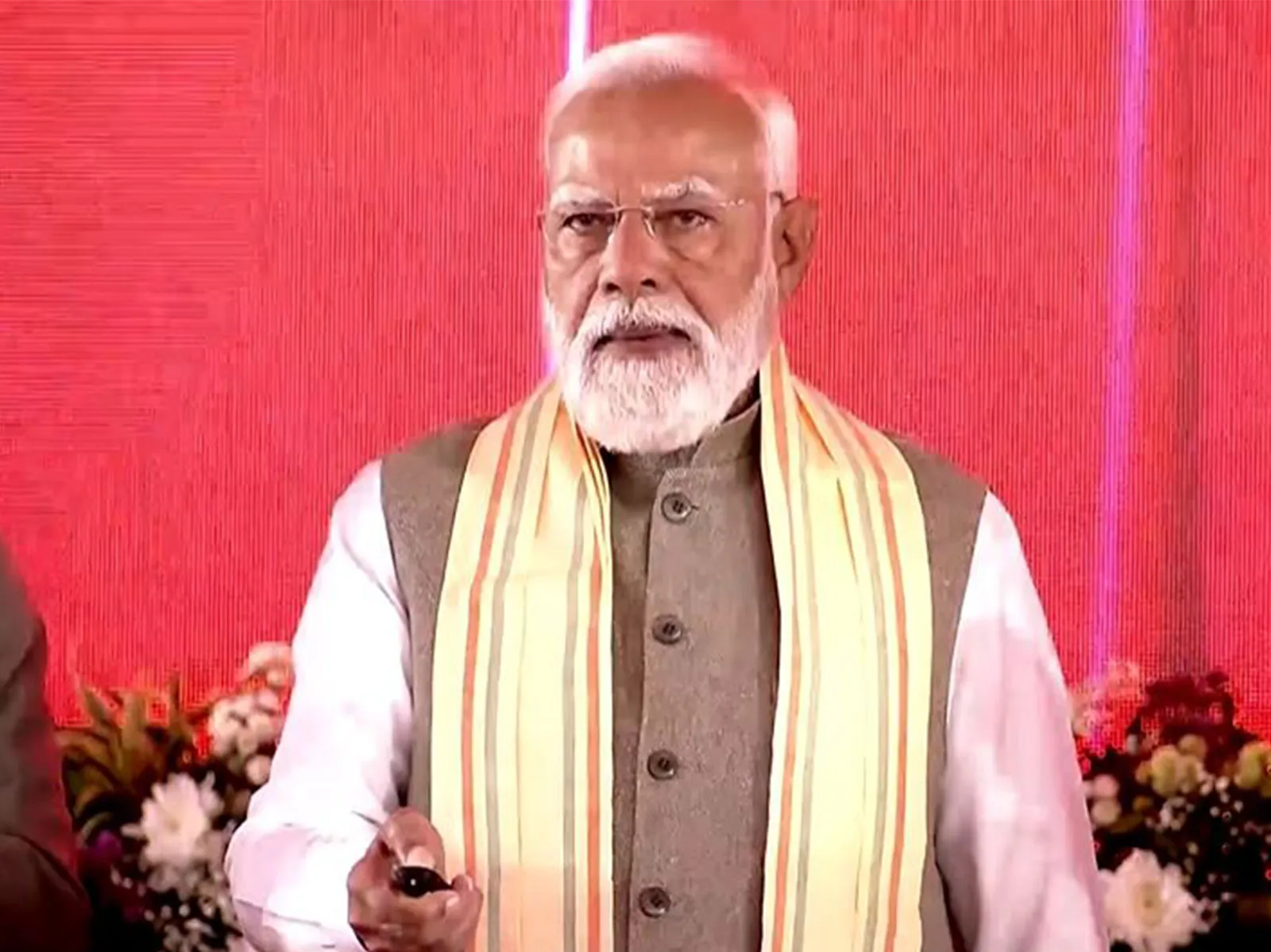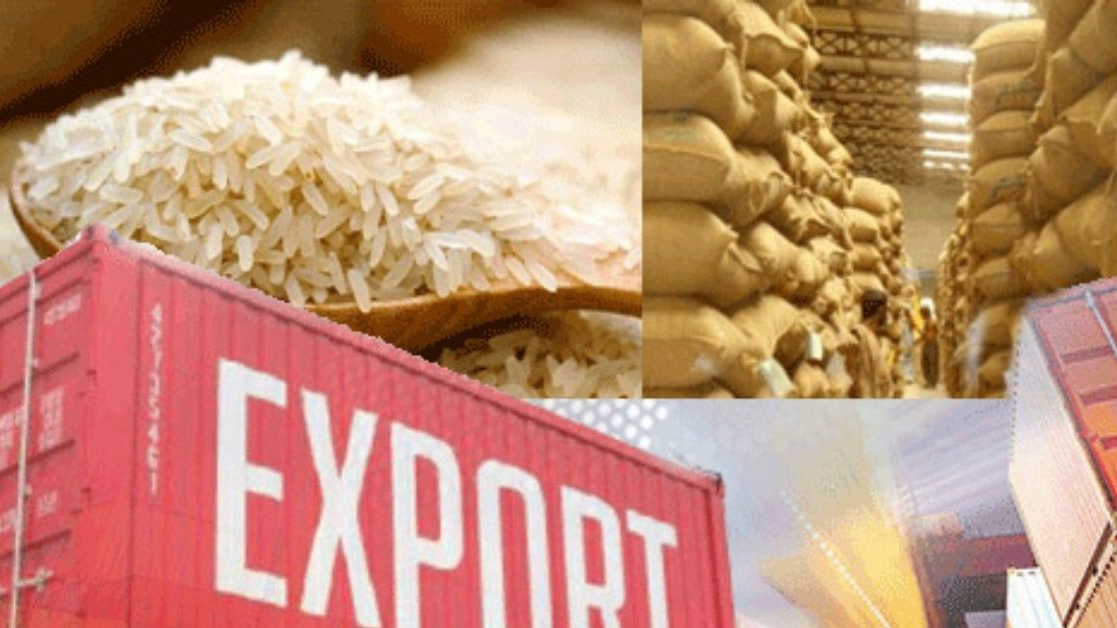

Satyanarayan Mohapatra
In a move that has sent ripples through global commodity markets, India has reversed its ban on rice exports. This decision, driven by a confluence of factors, marks a significant shift in the country's approach to balancing its domestic food security needs with its role as a major player in the global rice trade.
The initial export ban, imposed in July 2023, was a response to concerns about potential rice shortages and soaring domestic prices. Erratic weather patterns, including the El Niño phenomenon, had raised anxieties about the impact on rice production, a staple food for over half of India's population.
However, recent developments have painted a different picture. The 2023-24 crop year yielded a better-than-expected harvest, easing fears of a domestic shortage. Furthermore, the anticipated transition to La Niña, with its promise of normal monsoons and cooler temperatures, has boosted confidence in future rice production.
This positive outlook, coupled with overflowing government granaries and the pressing need to accommodate the incoming harvest, has prompted the government to reopen export channels. This decision not only addresses the logistical challenges of excess rice stocks but also aims to capitalize on the high global demand for Indian rice, which has intensified due to the previous export restrictions.
The export ban had triggered a surge in global rice prices, leaving importing countries scrambling for alternative suppliers. While nations like Brazil, Pakistan, and Thailand attempted to fill the gap, the impact was particularly severe in regions like sub-Saharan Africa, where rice is a dietary staple.
Resuming exports could offer some relief to these strained markets, potentially stabilizing prices and ensuring food security for vulnerable populations. Moreover, it could provide a much-needed boost to India's agricultural sector, allowing farmers to access wider markets and potentially earn higher incomes.
However, the decision to lift the ban is not without its complexities. Domestic rice inflation remains a concern, and the government must tread carefully to avoid exacerbating the situation. The upcoming elections and the political pressure to appease farmers, a significant voting bloc, further complicate the equation.
Despite these challenges, the resumption of rice exports signals India's willingness to engage with the global market while safeguarding its domestic interests. It is a delicate balancing act, requiring careful monitoring and adaptive policies to ensure both food security at home and a thriving agricultural sector that can contribute to the nation's economic growth.
#RiceExport #India #Agriculture #GlobalTrade #FoodSecurity
DISCLAIMER: This article is based on information from the public domain and author's own view and opinion.